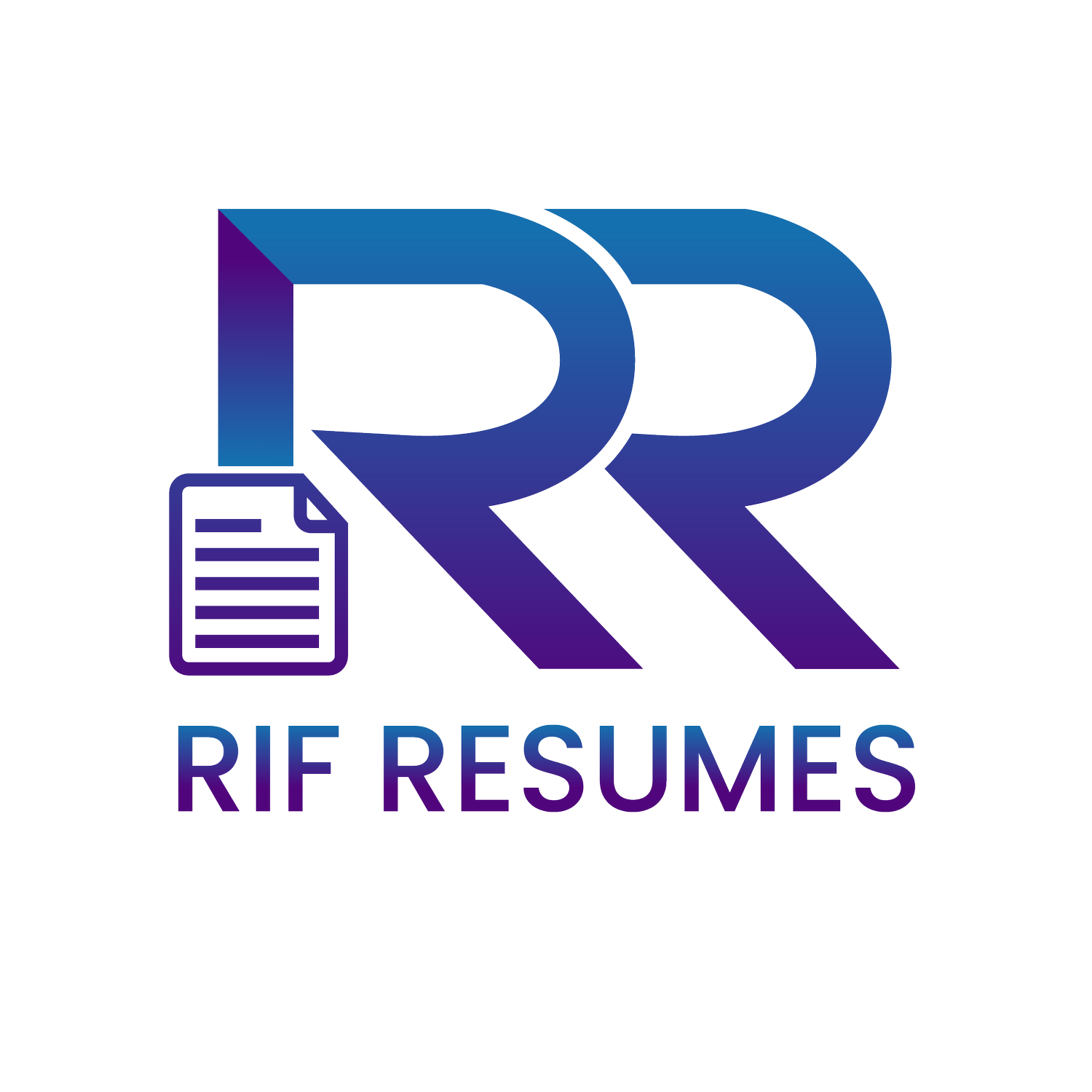Navigating Uncertainty in the Tech Industry: 4 Steps to Prepare for a Potential Layoff
If you work in technology, you're no stranger to the wave of workforce reductions that have swept through the sector in recent years. Companies like Intel, Tesla, Google, Microsoft, Meta, and Salesforce have all significantly reduced their headcount. According to layoffs.fyi, over 593,000 tech employees have been laid off since the onset of the COVID-19 pandemic. In 2025 alone, nearly 12,000 employees have already been impacted by reductions in force (RIFs) as of mid-February. This figure doesn’t even account for “low performers” who were either fired or encouraged to take early retirement. While the future remains uncertain, major players like Microsoft, Google, and Meta have hinted that further layoffs are on the horizon.
So, should you be worried if you work in tech? The short answer is yes. While you may not be able to prevent a layoff, there are steps you can take to prepare for the worst-case scenario. Below are four actionable steps to take right now.
This article assumes you have an emergency fund in place and acknowledges that benefits and policies can vary between companies. If you do not have an emergency fund, building one should be your first step.
1. Fully Utilize Company Benefits Early in the Year
Health Insurance
If you are laid off, you may get a continuation of your insurance as part of your severance. But for how long? If you are terminated for performance, you may not receive anything. It is important to take advantage of your health insurance benefits early on. Schedule wellness visits, such as an annual physical, dental cleaning, eye exam, mammogram, or vaccinations for yourself and your family. These are often covered at 100%. Additionally, if you need dental work, eyeglasses, or contact lenses, you can submit these claims early in the year for reimbursement.
For ongoing medications, consider converting your prescriptions to a three-month supply. I know of someone who met their deductible early, only to be laid off just before they could refill a necessary and expensive medication.
Important Note: If you lose your job and have a Limited Purpose Health Savings Account (HSA) or Flexible Spending Account (FSA), you will forfeit any unspent contributions. Spend these funds now instead of waiting until the end of year.
Other Perks and Benefits
401(k): A typical tech company match is around 3-6% of your annual salary. For example, if you earn $100,000 with a 3% company match, that’s $3,000 in free money. Some employees contribute early in the year to max out the company match right away and then reduce contributions afterward. This is especially valuable if you're laid off as an older worker and don’t have 401(k) contributions during your time of unemployment. If you have an emergency fund and can afford it, consider contributing enough to get the full match while you're still employed.
401(k) Loans: Most 401(k) loans require repayment within five years if you remain employed. However, if you're laid off or leave involuntarily, you'll often have only a few months to repay the loan in full. If a RIF is possible at your company, it’s worth looking into your company's policy on 401(k) loans before taking one out.
Charitable Donation Match: Some companies match employee donations to charities. If this is important to you, consider donating early in the year to take advantage of the match.
Wellness Benefits: If your company offers a fitness benefit, such as an annual gym membership or equipment purchases, take advantage of this now instead of waiting month to month.
Legal Plan: Some companies offer legal benefits which are useful for creating essential documents like an estate plan or living will. If your plan provides this service, schedule an appointment to get these documents in place.
Employee Stock Purchase Program (ESPP): Does your company allow employees to purchase stock at a discounted rate? If you believe in your company’s stock, consider taking advantage of this opportunity. Despite layoffs a lot of companies’ stock has gone up or stayed level. This could be controversial as you may not want anything to do with your company after being displaced. Do what feels right for you.
Tuition Reimbursement: If you’re considering taking a college course, be cautious if a company restructuring is possible. If you are laid off midway through a course, you may not receive reimbursement, even if the course was pre-approved.
Phone/Internet/Home Office Expenses: Submit any relevant expenses (phone, internet, home office) on time. Delaying these could mean you miss out on reimbursement if you are laid off.
2. Update Your Resume (Or Create a New One)
When a RIF hits, you might find yourself competing with colleagues for the same job opportunities. Having an updated resume ready to go can give you a competitive advantage. If you haven’t already, consider creating or revising your resume to reflect your most current achievements, skills, and experiences.
Additionally, LinkedIn is a critical tool for job seekers. Many recruiters and hiring managers rely on LinkedIn to find talent, so make sure your profile is optimized, and expand your network. Leveraging connections and seeking referrals can open doors to potential job opportunities.
3. Invest in Professional Development
Keep your skills updated. Consider pursuing certifications or taking courses that will make you more marketable in your field. Even if you feel secure in your current role, acquiring a new skill and/or certification could make a big difference if you're looking for a job in the future.
Platforms like Udemy, LinkedIn Learning, Coursera, and Trailhead offer courses to help you upskill and demonstrate a commitment to continuous learning. Some tech companies provide free access to LinkedIn Learning or Udemy Business, so take advantage of this extended benefit if you have it.
4. Go on an Interview — Even if You Don’t Need To
This is one of the best pieces of advice I’ve ever received from a friend who has been in the industry for years. Regularly engaging in interviews, whether internally or externally, keeps your skills sharp and helps you stay knowledgeable on current interview processes and job opportunities.
Interviewing while employed lowers the stakes and eliminates the “desperation factor” that can occur when you're unemployed. Use these interviews to gain insights, improve your pitch, and learn from your experiences. Doing so will empower you when (or if) the time comes to seek a new role.
Summary
In the face of uncertainty in the tech industry, preparation is key. By fully utilizing your benefits, updating your resume, expanding your professional network, upskilling, and keeping interview-ready, you can better navigate these turbulent times with resilience and confidence. While the future is unpredictable, being proactive about your career can give you the best chance of success, no matter what comes next.

